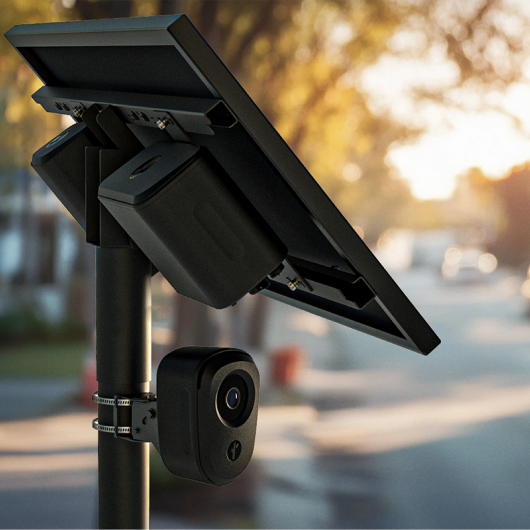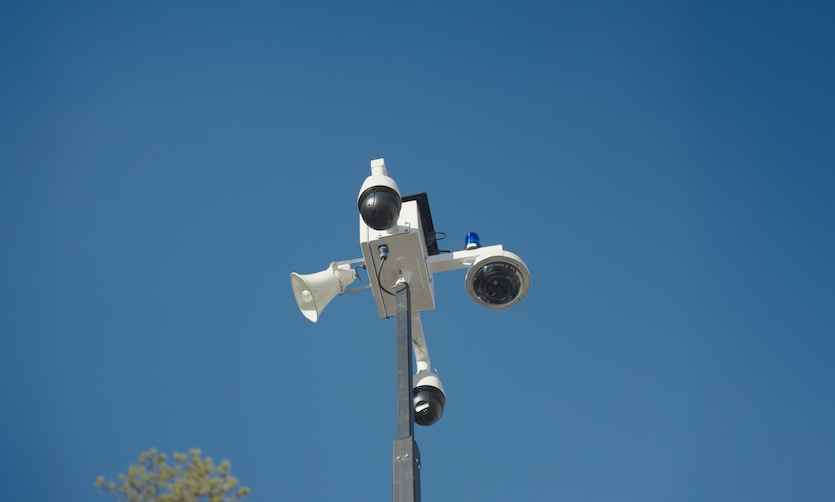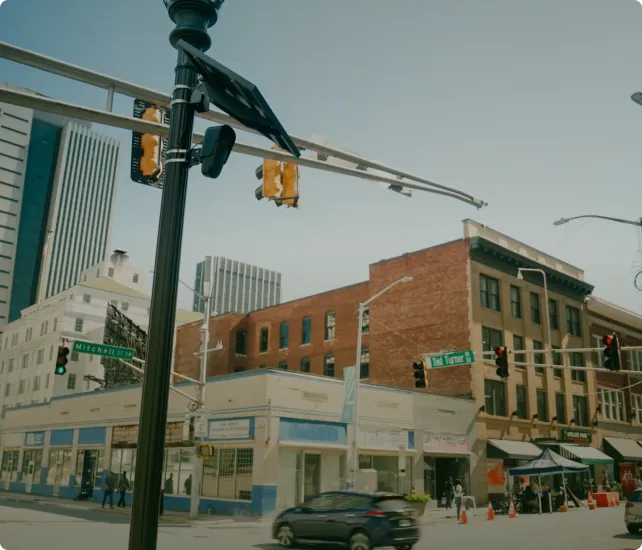


“Out of sight, out of mind.” That’s the mindset of many people who engage in illegal dumping, or dropping off large, unwanted, or unwieldy items in areas not designated for trash.While that may be one person’s opinion, the reality is this: Cleaning up, monitoring, and enforcing rules against instances of illegal dumping costs homeowners a significant amount of money each year.According to the EPA, some urban areas in the U.S. spend several million dollars per year on cleanup, hauling, and disposal of illegally dumped waste.
Physical and environmental risk
Aside from monetary costs, illegal dumping harms human and environmental health. Common illegally disposed items include couches, water heating tanks, tires, refrigerators, or building materials.
All of these waste items create breeding grounds for mosquitoes, disrupt wildlife habitats, and pose fire risks.
They also make dangerous play spaces for children, who see the waste as a playground without thinking of the hazards involved. Children can easily become trapped in or under discarded refrigerators and freezers, or become exposed to toxic chemicals and disease-carrying mosquitoes.
A major time suck for neighborhoods and community managers
Junk and trash removal can be costly depending on the type of material, size, and weight.
But the biggest cost of illegal dumping might be wasted time.
An HOA board member or property manager’s daily tasks already include emails, bill or rent collecting, keeping up with neighbors or residents — the list goes on.
When a neighborhood experiences illegal dumping, it adds dealing with complaints, trying to find the culprits, and coordinating waste pick-up. These unpleasant activities drain hours of time.
Illegal dumping decreases property values
Piles of waste make a community unattractive to commercial and residential developers, both from an aesthetic and safety standpoint. Prospective buyers will also certainly notice the random piles of junk should they arrive for a home visit prior to removal. And websites like Zillow and other review sites will surely reflect the illegal dumping problem for the entire internet to note.
Stop illegal dumping, reactively or proactively
If you haven’t experienced illegal dumping in your neighborhood, our advice, and that of law enforcement officials, is: Don’t wait for something to happen before taking action. A crucial piece of evidence needed to solve a case is license plate information. Use a license plate reader to capture the evidence you would need to hand off to the police.Flock’s Automatic License Plate Readers (ALPRs) read license plates, vehicle details like type (car, truck, motorcycle) and color, and even capture paper tags or vehicles with no tags at all. Customers can quickly search for the information they need by inputting these details or a specific timeframe. A community security system that captures images 24/7 will proactively help you stop illegal dumping from happening in the first place.
A real case with real results
Illegal dumping was getting ugly in one of the largest suburbs in Atlanta. The residents of the Druid Hills neighborhood knew they needed to put an end to the piles of dumped couches, hot water heaters, and yard waste for the health of their neighborhood.They knew the perpetrator had to be using a large truck to transport and dump the waste, so they installed a Flock Safety ALPR camera in the area the crime was occurring.A week after the security camera installation, residents found newly-dumped trees and yard debris in the area they were watching. They were able to quickly identify the perpetrator using the Flock system, and the subdivision owner handed over the images to local police.The costs and the risks involved with illegal dumping are too high to not be prepared and to take action early. Flock Safety helps you capture the evidence police need, and prevents future instances of illegal dumping.





Protect What Matters Most.
Discover how communities across the country are using Flock to reduce crime and build safer neighborhoods.

.webp)









